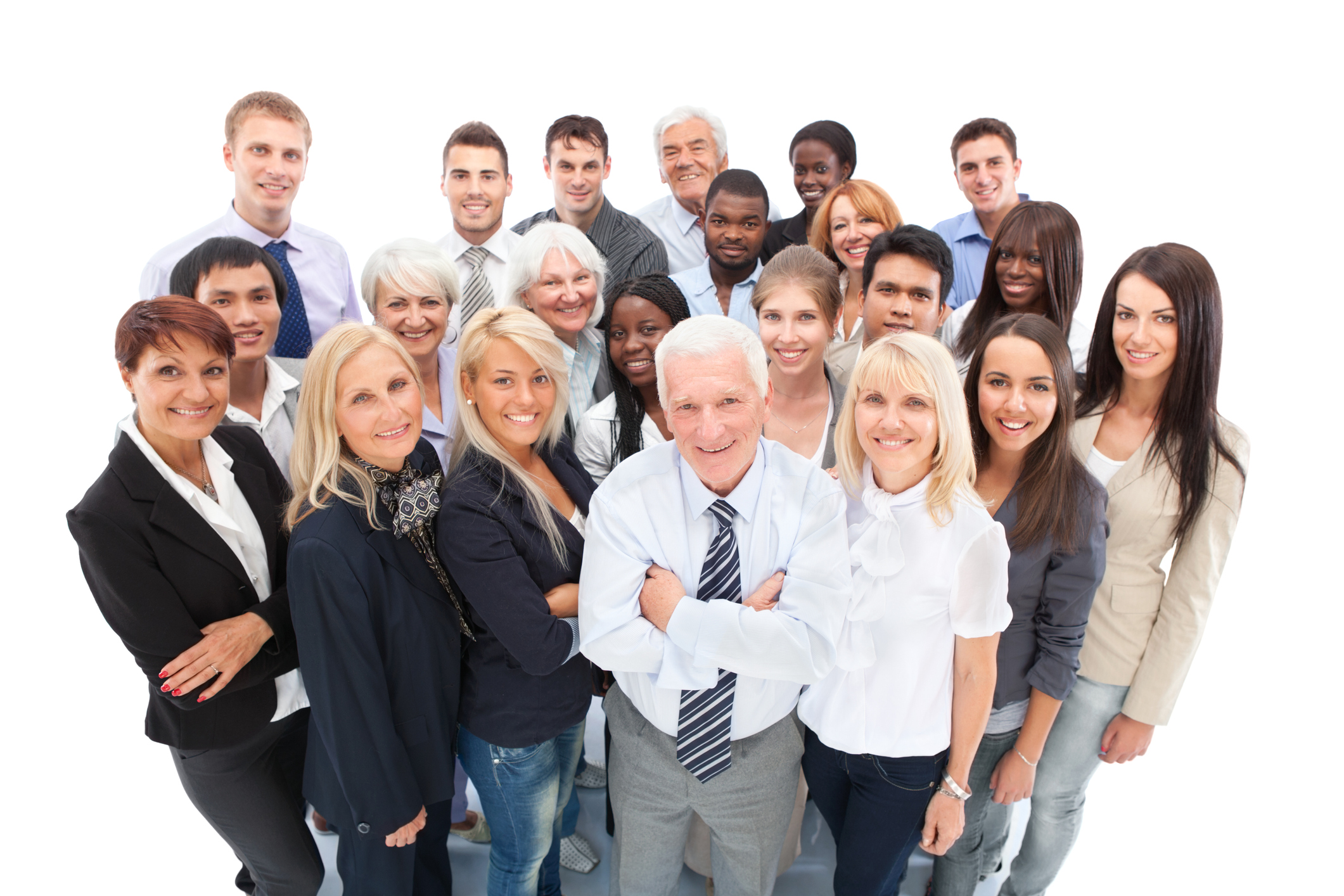How to overcome generational stereotypes for better communication and empathy
Managers can meet each employee where they are by engaging employees as individuals — not representatives of their entire generation.

The rise of an increasingly dispersed, digital workforce has made us more attuned to the generational attitudes, behaviors and quirks of our coworkers. The times when one colleague consistently has their child running around in the background of a Zoom call can remind you of their consistent lack of childcare, while the language that another colleague uses in a company-wide meeting may be peppered with generationally niche phrases that are strange and unfamiliar to you. You may associate a coworker’s willingness to participate in optional team-building activities with behavior typical of their generation. And with four different generations fully active in the workforce right now, that can add up to a lot of bias.
These are just some instances that demonstrate how engaging a multigenerational workforce has become a crucial part of the employee communications equation. They are also a reminder that engaging multiple generations at work has been a challenge long before the world changed in March 2020. Social psychologist Leah Georges explained why during an April, 2018 TED talk about how generational stereotypes hold us back at work. Her wisdom still rings true.
Become a Ragan Insider member to read this article and all other archived content.
Sign up today
Already a member? Log in here.
Learn more about Ragan Insider.



